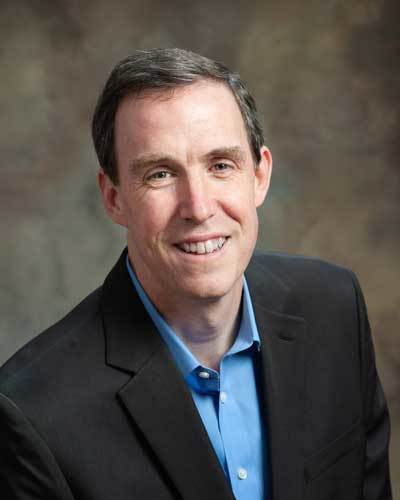The reality of legacy church: It's not a change but grief challenge (pt 1)

The biggest mistake I have made in pastoring legacy churches is not understanding the collective grief we are facing. We often misdiagnose grief as being “stuck in the past,” “afraid to change,” and “we’ve never done it that way before.” So we have invested a lot of time and resources trying to help legacy churches do “change management,” build consensus around new ideas and encourage them to do things to make them more “relevant.” And none of that has worked real well.
What if we invested more time talking about and dealing with our grief? Paul gave us that great statement that we do not grieve as people without hope but how do we grieve as a people with hope? I think if we would wrestle with that we would find vibrancy among legacy churches again.
What are we grieving as legacy churches? Obviously a lot of our family members and friends are dying. It happens with such regularity that I often feel it’s hard to devote my full attention to the needs of families and friends after a death. If you look out at a legacy church on a Sunday morning you will likely see empty pews but that emptiness hasn’t come from a mass exodus to contemporary churches, it has come from the deaths of our members and from children growing up and moving out. Those empty pews do not represent the irrelevance of our current ministries; those pews represent the lives of the “saints” who have gone on to be with the Lord. One way to grieve with hope is to regularly remember the lives of those who have gone before us. Remember the way they served and the joy they brought to our fellowship. And yes, even remember where they sat each Sunday (because we all have “our seats!”). One of the greatest men I ever had the privilege of pastoring told me after his wife died, “I can’t imagine coming to church without her.” I didn’t say, “get over it – come to church,” I said, “I understand,” and I spent time with him at his house. Let’s acknowledge the grief so many of our folks are experiencing.
Let’s also understand the practical side of so many of our family and friends dying. Legacy churches have to grow a lot just to stay “even.” In the church I’m serving we “lose” about 10 percent of our average attendance to death and health problems each year. So it’s hard for legacy churches to put impressive “growth” numbers. We need to change the scorecard for many legacy churches.
So our friends and family are dying and that brings grief. But also, a lot of the ministries we have cherished are dying and that brings another layer of grief. I would encourage you to gather a few leaders of your church and come up with a list of things your church has stopped doing in the last 10 years. I think you would find that to be a pretty long list. Some of those things you might have decided not to do and everyone was ok. with it and some of the things just stopped on their own. But think about the Sunday School classes that have merged or stopped meeting, the decline of social ministries, the loss of children and youth ministries, the changes in denominational relationships and on and on this list goes. At one point all of those things were valued in the church and were a key part of our church life. Now they are gone and we rarely speak of them. I’m not arguing that some of those things should have died long ago, were led by the wrong people and several other things. I am saying that there is loss related to all of this and we need to recognize that.
Legacy churches have this collective grief that keeps piling up on us. I have not been to a conference on “helping your congregation grieve.” The questions that often determine church “health” are “how many baptisms, what’s your budget doing, and how many new members do you have.” I’m not against those questions but I was also like us to talk about “how many funerals are you all doing?” “what’s your ministry to folks with dementia and in hospice?” and “how are you helping the congregation deal with the loss of ministries?”
We are to grieve with hope. Too much of our grieving today feels hopeless. I was with a group of senior adults two years ago in an area that I had previously lived. I wanted to find out what churches they attended and what was happening. They attended a range of different churches but they all said in some way the same thing, “Our church is dying,” and there was a resignation to that as just a fact of life. Here’s the thing – I believe legacy churches can find renewed life through grieving with hope. In my next article I’ll share some ideas of growing through grief.
Dan Carlton was called to serve as pastor at Culpeper Baptist in August 2014. Dan has a passion for seeing legacy churches continue to grow and connect with the surrounding community, while maintaining traditional values and relevant ministries. Culpeper Baptist Church was birthed in 1774 in the soil of religious liberty by its first pastor Nathaniel Saunders, who was imprisoned in the Culpeper Jail and its third pastor, John Leland, who helped establish religious freedom in the Constitution.



























